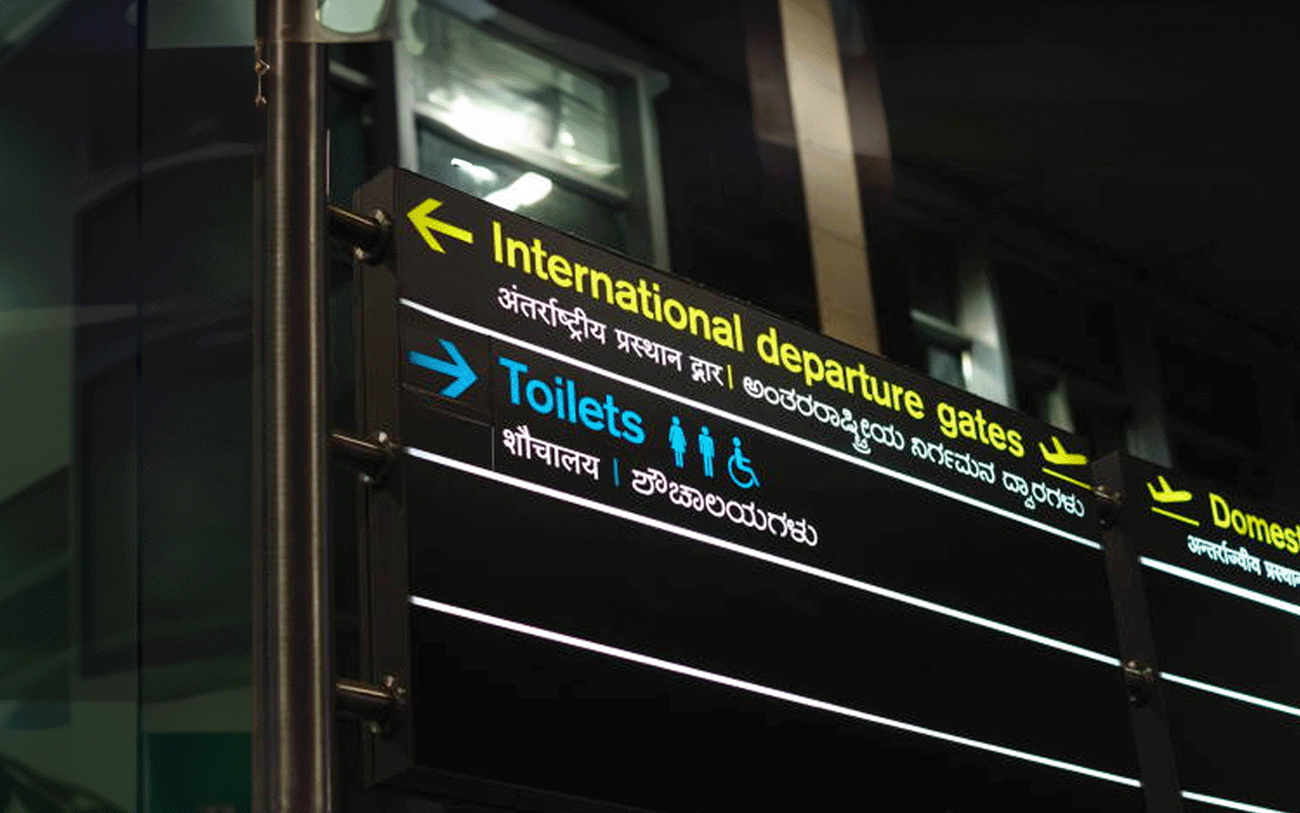The Transition of Political Power
With the elections in Tamil Nadu over yesterday (Tuesday, April 6, 2021), various opinion polls are predicting the victory of one party or the other. As the state looks forward to a dynamic cabinet ministry, the results will be announced on Sunday, May 2, 2021, and a leader from the party who wins will be sworn in, in the next 10 days or so. This has pretty much been the tradition since I was a kid.
Interestingly, the elections in the selected Indian states come at a time when the US-based non-profit, Freedom House, downgraded India from the status of a free democracy to a partially free democracy. This is in addition to India being chided as becoming an electoral autocracy and a flawed democracy as claimed by various reports.
How can a proper transition of power bring a change in the current democratic uncertainty?
Let us go back in time to one of the most crucial Parliamentary General Elections that India witnessed in recent times. The 2014 General Elections in India were held from April 7 to May 12, 2014, results were announced on May 16, 2014, and Narendra Modi was sworn in as the Prime Minister on May 26, 2014.
Let us compare this with an employee who leaves a company for a new role. Usually, he is expected to serve a two-month notice period in India while it is a two-week notice period in the US. Some companies do not ask for a notice period.
In India, the leader (Prime Minister / Chief Minister) is chosen by the elected representatives, unlike the President in the US. Both India and the US can copy some good things from each other (If someone does something good, copy it). In the US, as one would know the Presidential elections are held in November once every four years and the President assumes offices in January. The same is true for the Governors of different states in the US (where elections are held and the actual swearing-in happens a couple of months later).
What happens in the two months time frame?
The presidential transition being a significant process is a preparation phase for the president-elect of the US to take charge of the administration of the federal government. As per the Presidential Transition Act of 2019, the incumbent president should come up with the transition councils by June of the election year to ease the transfer of power.
As anyone in the right senses would agree, the transition of power is important. We have also seen this in large companies (Satya Nadella took over from Steve Balmer at Microsoft or Sundar Pichai took over from Larry Page at Google). The leaders are still around to help and assist as needed.
Comparing this with India’s political scenario, the ideology of the ruling party comes to the forefront influencing the administration, and the animosity between the two primary parties eventually undermines the people’s interests and diversity. The winning party is on a sprint to take up the new role than to go through a proper transition phase. In this constant race between the political parties, the idea of democracy, that is, the government of the people, by the people, and for the people somehow loses its spirit.
What really matters is not who wins but who intends to serve. In a way, it makes a lot of sense for the incumbent Chief Minister or Prime Minister to do a proper transition. I am not predicting the results one way or another. However it makes a lot of sense to change the existing systems we have – so the new Prime Minister or Chief Minister does not have to assume office the same week the results are announced. Of course, we may run into other challenges of trading the elected members. However, this is the system change we need to be looking into.

How can we have a smoother transition of power?
Reduce the animosity and stop the trading of elected representatives. It may or may not work in the current setup, however, we need to take a hard look at things and change for the better.
[bctt tweet=”A proper transition of power is also necessary to understand the pitfalls of the previous administration and formulate ways to redeem them to raise India to the pedestal where the visionary leaders envisioned it to be.”]
India can progress much better and these reforms will go a long way irrespective of who is ruling at the center and state. It will also teach our children, the generations to come, how to transition power. It is okay to lose a fair election and believe in the Indian Dream.




Leave a Reply